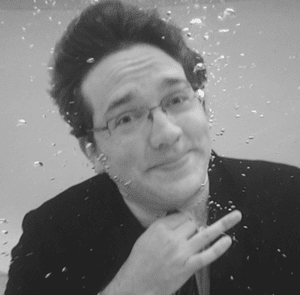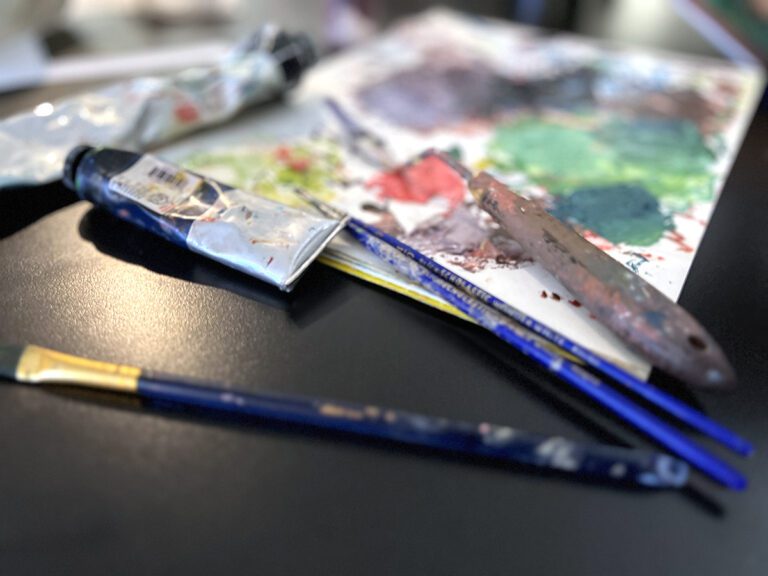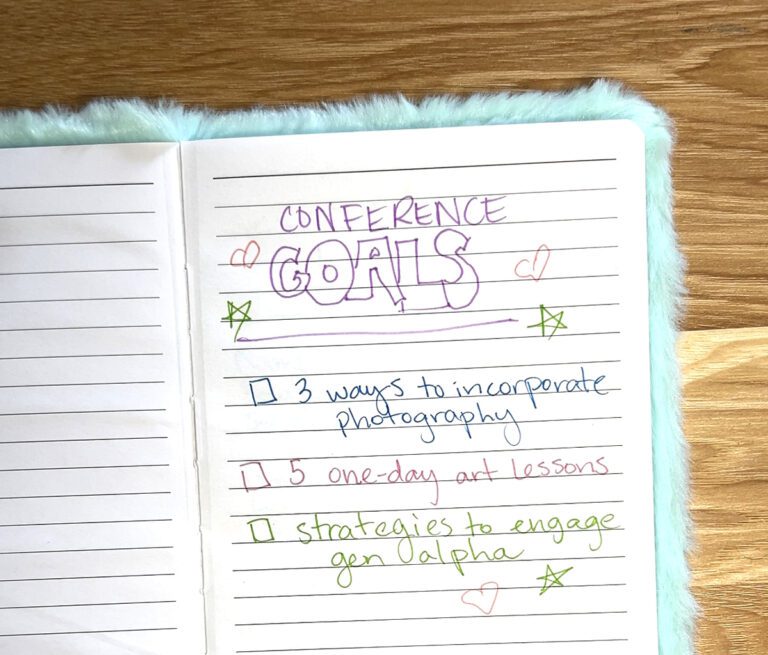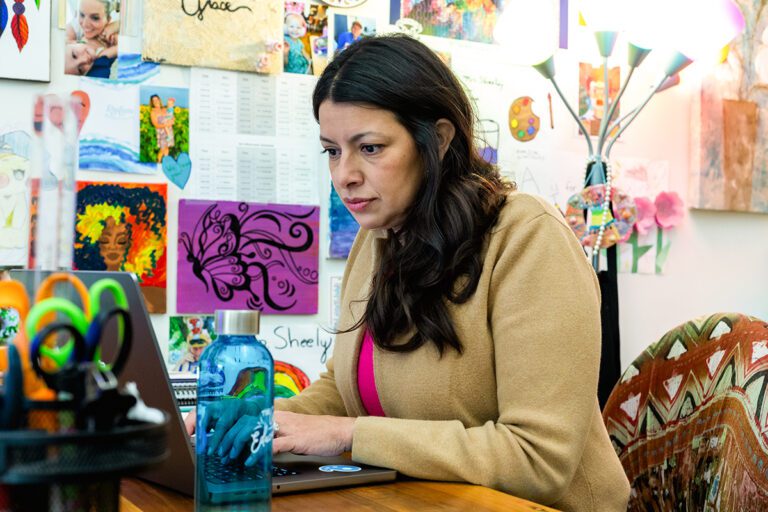If you ever hear someone say they have it all figured out as a teacher, they probably aren’t a very good teacher. The best teachers are in a constant state of growth and development. They are always looking for new ways, new concepts, and new strategies to improve every part of their teaching.
From instructional strategies to ideas for assessment and everything in between, there are new ideas out there that can improve your teaching. And as you look to the new year, it’s worth thinking about how you can find those ideas and enhance what you are doing in your classroom. It’s time to think about your own professional development and decide exactly how you are going to take charge of your own learning.
Where can you find those opportunities for professional development and how can you make sure they are meaningful and relevant to what you do?
Here are 6 things you can do that can get you started working toward your own goals this year:
1. Reflect on Your Teaching Practice

Before you decide how you want to develop as a professional, it’s essential to determine exactly where you are as a professional. Observe and honestly think about where you are as a teacher. Then think about where you want to be. Are you doing everything you want to as a teacher? What do you still want to accomplish? When you have a clear vision of where you are and where you want to be, it becomes easier to move toward those ideals. Taking time to reflect on your own practice is a great place to start.
2. Discover Your Purpose
It’s easier said than done, right? Once you reflect on your own practice, you will have a better idea of where you are and where you want to go in your career moving forward. As you plan future professional developments (continue reading to learn about some options), keep this idea in the back of your mind: what is your purpose as an art teacher? Why do you do what you do? When you have a clear idea of your passion and your purpose, everything you work toward is that much more meaningful. If you know your purpose, each PD opportunity becomes more worthwhile because you know how it serves your own end goal.
If you feel like you have lost your way as an artist, check out our course, Rediscovering Your Artistic Identity. If you need time and space to focus on your mission and philosophy as an art teacher, maybe Designing Your Art Curriculum is the right fit for you!
3. Participate in Ongoing Professional Development
There are things you can do every single day to make yourself a better teacher. And to be honest, most of them are pretty entertaining. Spend some time reading! AOEU has some great articles but also check out art and education sites like Colossal and Edutopia. Listen to some podcasts—Art Ed Radio and Everyday Art Room are specific to art teaching but there are some other great ones out there as well. You can read about them here and here. If you listen and read a little bit each day, those small ideas you gather can add up to significant improvements over time.
If you are looking for something a little more substantive for your ongoing PD, make sure you check out our PRO Packs. The video tutorials, training, and resources help you take some of those big ideas and implement them in your art room. Having continuous access to ideas on-demand is a huge help when you’re trying to improve your teaching and how you run your classroom. A library full of PD that can help you with assessment, organization, classroom management, studio techniques, and just about anything else—it doesn’t get much better than that.
4. Attend a Conference
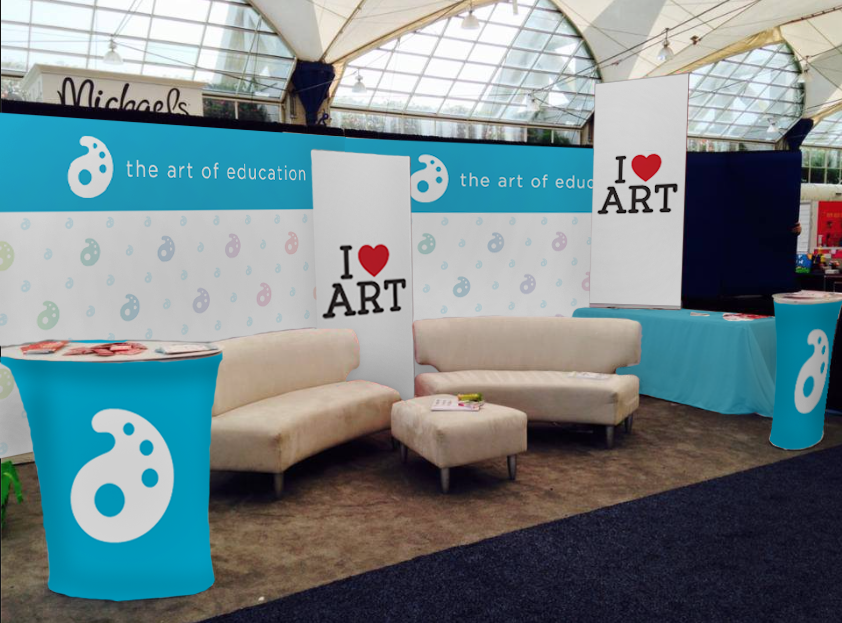
As an art teacher, there are few things more enriching or more inspiring than attending an art ed conference. AOEU puts on the NOW virtual conference twice a year, coming up soon in February and again in the summer. The NAEA national convention is in March and you likely have a state-level conference happening in the fall. Attending even one of these conferences will have many benefits as you bring back new ideas and strategies for your students and your classroom. It can sometimes be challenging to make it work logistically or financially but there are many reasons to attend. You owe it to yourself to try to make it happen.
5. Collaborate
As art teachers, we know the value of collaboration. It’s something we do naturally as artists and something we ask our students to do on a regular basis. But how often do we do it as educators? For most of us, the answer is “not enough.”

There are so many opportunities available to collaborate with our colleagues—music, industrial tech, other electives, and of course classroom teachers. Each time collaboration happens, you have the opportunity to take on different perspectives, work with new people, and grow as a teacher. It is almost always worthwhile.
6. Continue Your Own Education
Most teachers are looking for additional learning opportunities. Whether you want to make more money, work toward a master’s degree, need to earn hours, or just love to learn, there is a myriad of reasons to take graduate courses. The question to ask yourself is, will those courses actually be relevant? Too often, people go for the quickest or the cheapest classes and they end up being unhappy because the content isn’t applicable to their work in the art room. Take the time and do your research before you sign up to make sure the courses you want to take are engaging and relevant to your daily practice!
Professional development is vital to your success as a teacher. To be successful as an educator, you need to be in a constant state of growth and development. When you determine your learning goals and how you will reach those goals, you are well on your way to finding that success.
What upcoming PD opportunities are you most looking forward to?
What are your goals as an art educator this year?
Magazine articles and podcasts are opinions of professional education contributors and do not necessarily represent the position of the Art of Education University (AOEU) or its academic offerings. Contributors use terms in the way they are most often talked about in the scope of their educational experiences.

